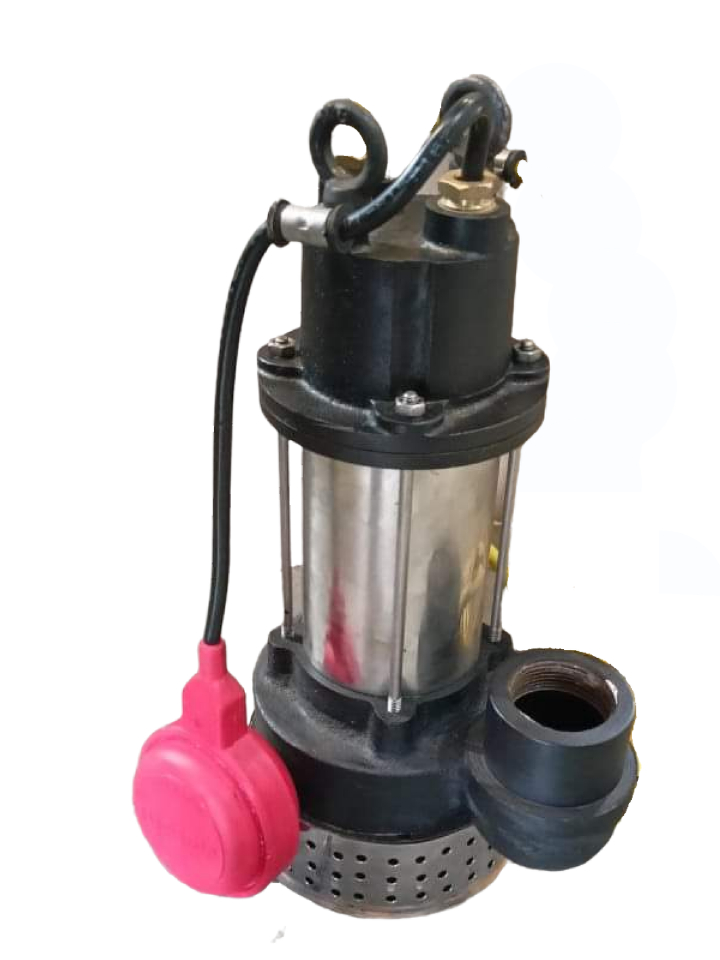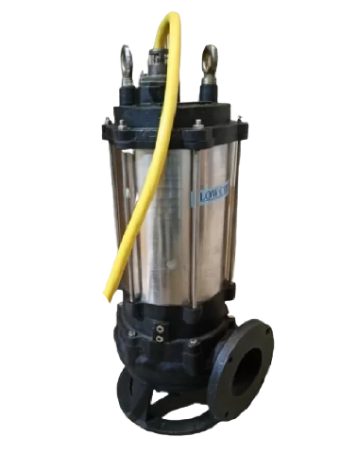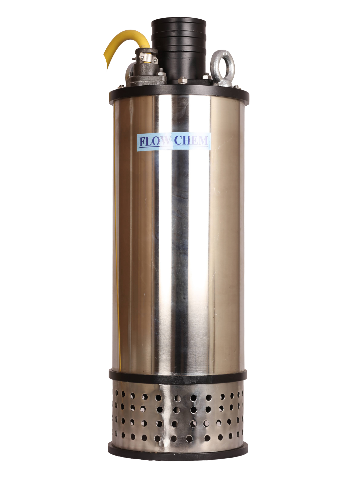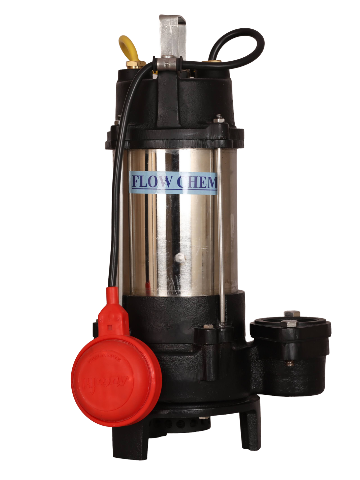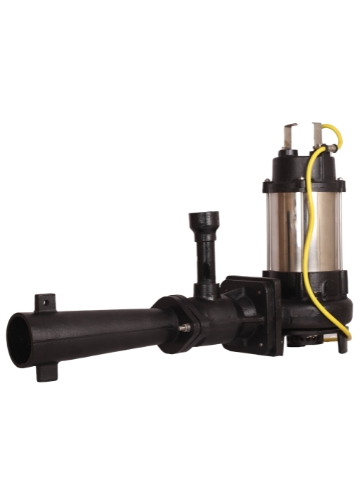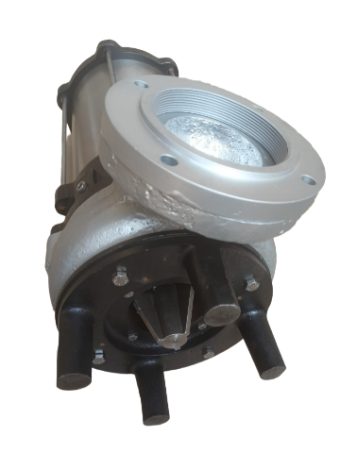The Importance of Reliable Dewatering Systems in Marine Environments

Dewatering systems are essential in various industrial and construction settings, particularly in marine environments where water management is critical for operational safety and efficiency. These systems are designed to remove excess water from soil or structures, ensuring stability and dry conditions necessary for construction and maintenance activities. The importance of reliable dewatering systems cannot be overstated, as they prevent potential hazards related to water accumulation and facilitate smoother project execution.
The Role and Impact of Submersible Pumps
One of the key components of effective dewatering systems is the submersible pump. These pumps are designed to operate underwater, effectively handling the removal of water from deep and inaccessible areas. Submersible pumps are particularly useful in marine environments where water levels can vary significantly, requiring robust solutions for water extraction. The submersible pump 1 hp model stands out for its efficiency in small to medium-scale operations, providing optimal performance with minimal energy consumption.
Applications of Drainage and Sludge Pumps
In marine construction and maintenance, Drainage pump play a vital role in keeping areas dry by removing surface water, while sludge pumps are crucial for handling semi-solid slurry or mud. These pumps ensure that sediment and other particulate matter do not hinder construction activities or cause damage to machinery. In areas where water contains heavier solids, a sewage sludge pump or submersible sewage pump might be necessary to manage more challenging conditions effectively.
Advanced Technologies in Dewatering
Innovations in dewatering technology have significantly improved the efficiency and effectiveness of water management in marine environments. One notable advancement is the Cutter Pump, which is designed to handle high concentrations of solids. These pumps feature cutting mechanisms that reduce the size of solid particles, allowing for smoother pumping action and reduced risk of clogs. Another cutting-edge solution is the submersible dewatering pump, which combines durability with high performance, making it ideal for draining water in severe conditions, such as during storm surges or in flood-prone areas.
Best Practices for Effective Water Management
Ensuring the effectiveness of dewatering systems in marine environments involves several best practices that optimize performance and minimize environmental impacts. Key among these is the continuous monitoring and adjustment of the equipment based on real-time data, which helps in promptly addressing any issues that arise. Regular maintenance of submersible pumps and other dewatering equipment is crucial to prevent failures and extend the lifespan of the systems.
Environmental Considerations and Future Trends
As environmental regulations continue to evolve, the implementation of dewatering systems must also adapt to meet higher standards of sustainability. The use of eco-friendly materials and techniques, such as biodegradable oils in submersible dewatering pumps and energy-efficient motors, is becoming more prevalent. Looking ahead, the trend is moving towards more automated and remotely monitored dewatering systems, which promise higher efficiency and lower human intervention.
Conclusion
Reliable dewatering systems are indispensable in marine and construction projects. They not only ensure the structural integrity and safety of the projects but also play a significant role in environmental conservation. By integrating advanced technologies and adhering to best practices, these systems can effectively manage water in the most challenging conditions, paving the way for successful project completion and sustainable practices.
